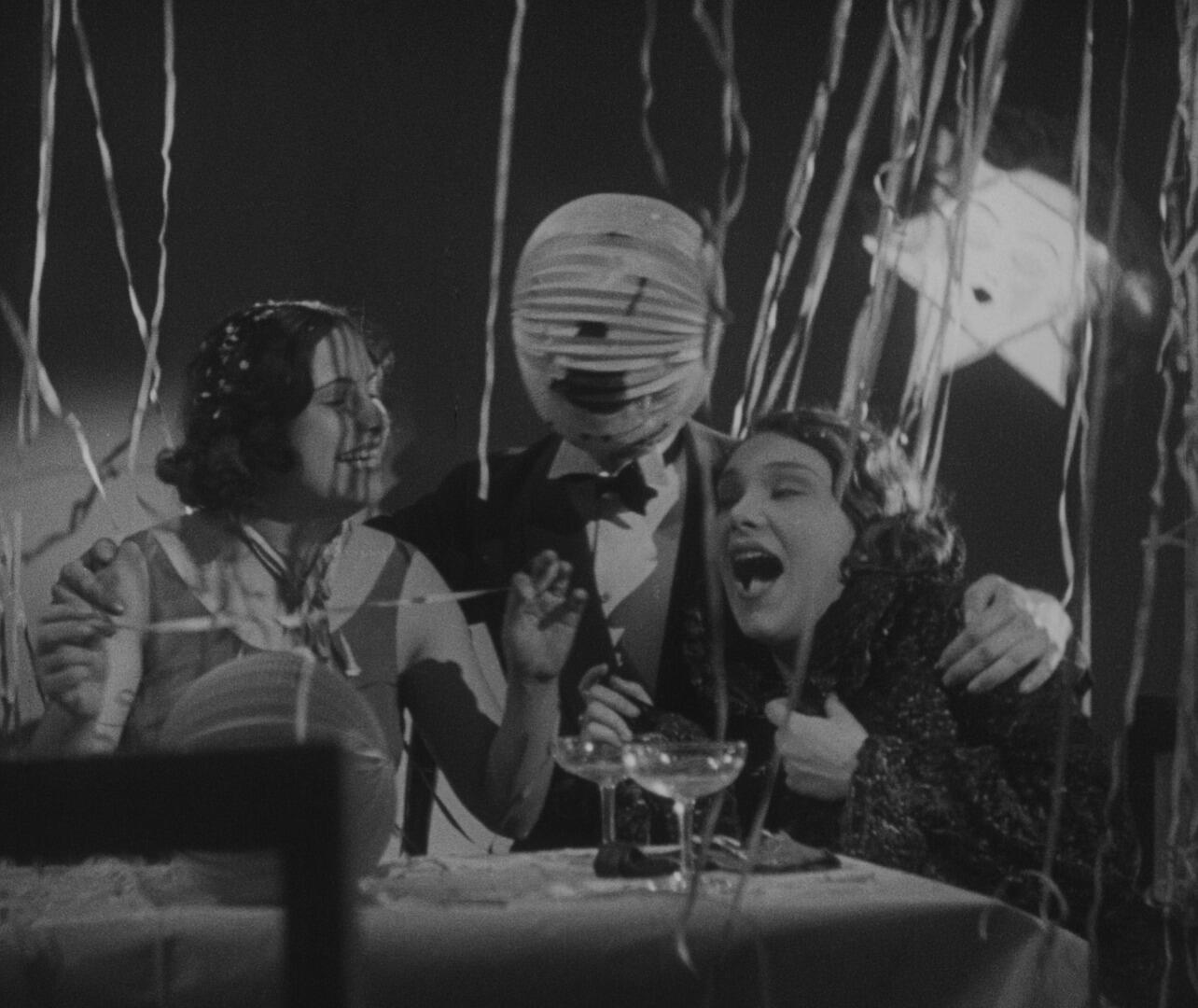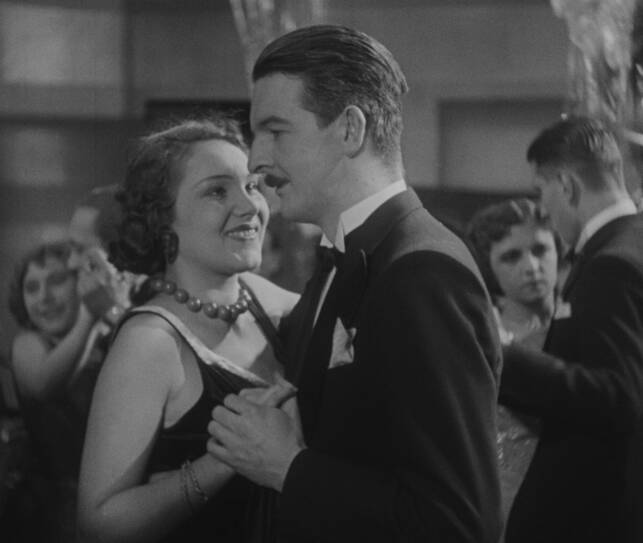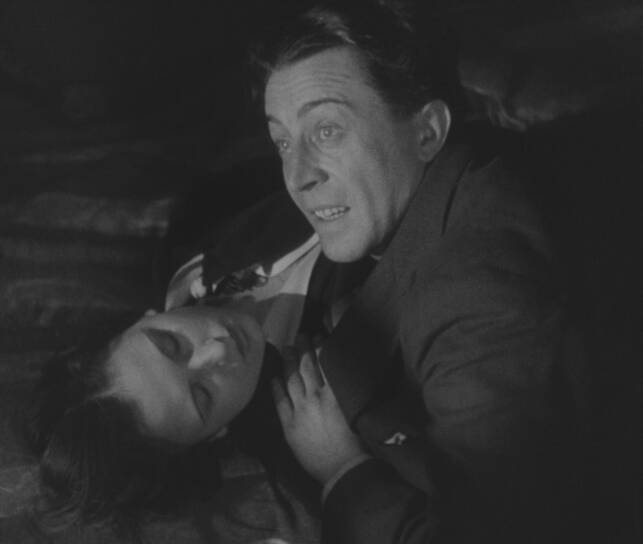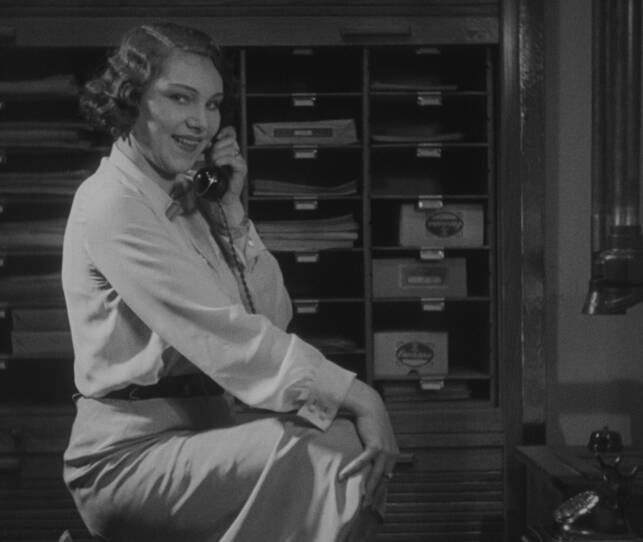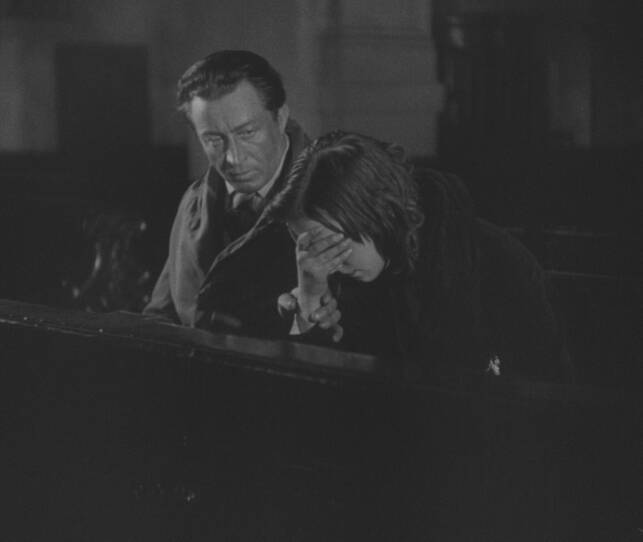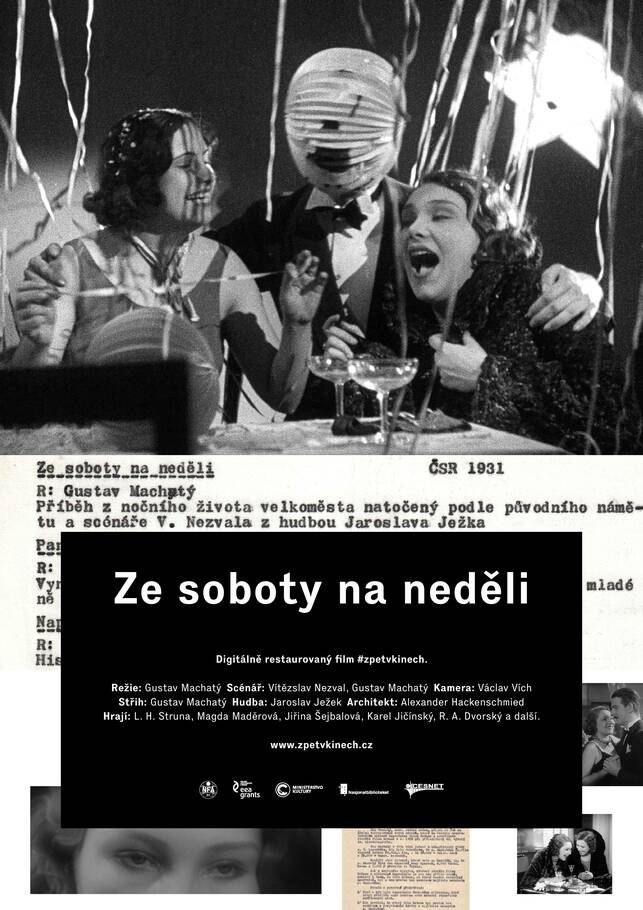Summary
This psychological drama follows the story of two stenotypists who, after a week of monotonous office work, are looking for an escape from their everyday stereotype on a Saturday evening. Gustav Machatý's first sound film combines realism with a poetic vision of everyday urban life and boldly experiments with the use of sound within the modern language of cinema. A thematically and stylistically progressive film for its time, underlined by the jazz melodies of Jaroslav Ježek, it was based on a theme by Vítězslav Nezval. The lesser-known, but no less successful film by the director of Erotikon (1929) or Extase (1933), stands out for its use of progressive creative techniques, film montages and, above all, the elevation of the sound component of the film to a fully-fledged means of expression, independent of the image. Through the counterpoint of image and sound, Machatý achieves new, surprising meanings and humorous effects. The critics of the time also embraced From Saturday to Sunday as the most accomplished sound film to date. Machatý's ability to surround himself with prominent figures of the artistic avant-garde undoubtedly contributed to the result. In addition to the aforementioned Vítězslav Nezval and Jaroslav Ježek, Alexandr Hackenschmied and Machatý's regular collaborator, the cinematographer Václav Vích, participated in the film as architects.

